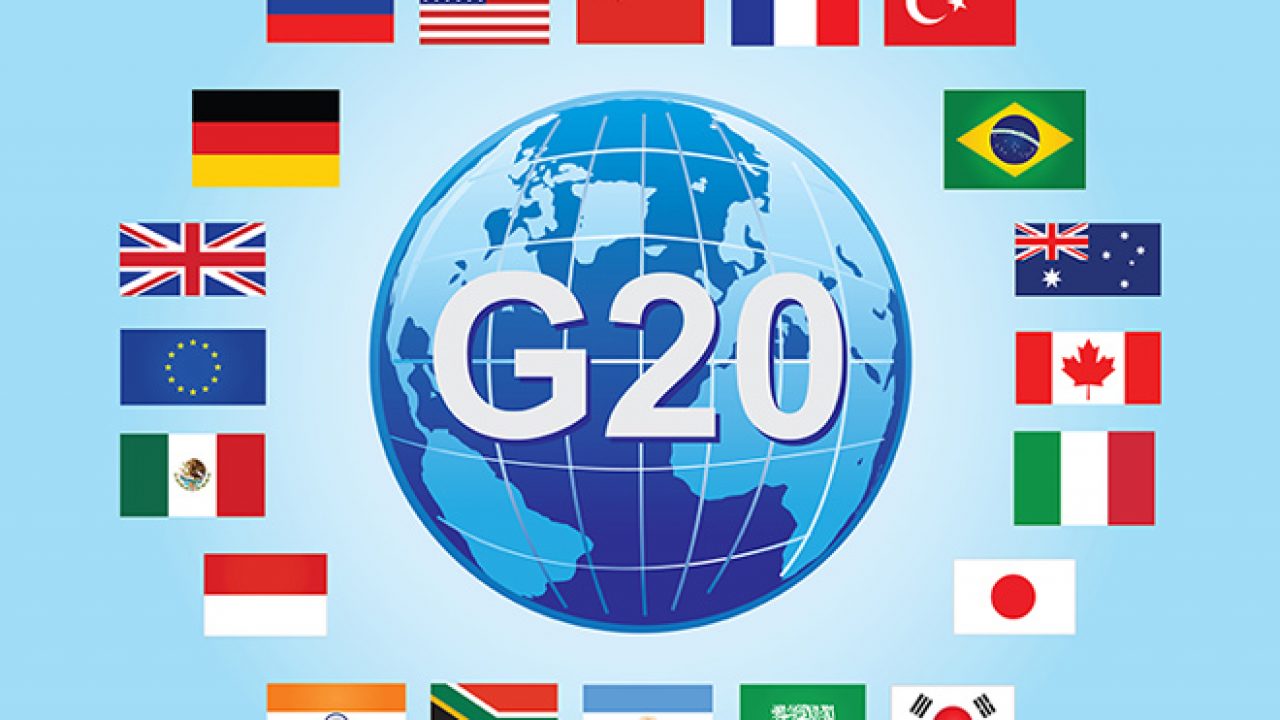
Indian Presidency of G20 comes in at an apt time for Global geopolitics. Over the past couple of years, the Covid19 pandemic and Russia-Ukraine conflict had led to key issues like sustainable development being sidetracked by the crisis management narrative. As the world moved to postpandemic era and a fresh bout of Covid spread inflicts China, the priority of global community towards sustainability will again be under threat. The Indian G20 Presidency can stabilize and also act as a model for the rest of the world if Chinese situation doesn’t play spoilsport again as happened in 2020. Global challenges like climate change, sustainability of economic growth and supply-chain disruption needs global solution. The previous G20 Presidencies had limited success even though committed to the cause of sustainability. The German Presidency in 2017 developed a new pro-climate pro-growth narrative and was presented to the G20 leaders at Hamburg Summit. The Argentenian Presidency too focused on issues like adaptation to climate change and extreme weather events. The Presidencies of Saudi and Italy too cemented the narrative but didn’t yield expected results while the onset of pandemic disrupted the entire global community. India under Modi had been an outperformer in many counts. A working paper by the EAC to Prime Minister Narendra Modi shows that if current trends hold, the world will reach its 2030 promises almost half a century too late in 2078. It further states that India stands out because among all G20 countries it has the fastest trend growth from 2015-19. India is moving faster than even lower-middle income countries. India is likely to achieve SDGs by 2059. The report suggests 12 policy interventions which will have a high social, economic and environmental return on investment. The UN SDG report of 2022 concludes that the confluence of crises dominated by Covid19, conflicts and climate change are creating spin-off impacts on food and nutrition, energy, health, education, the environment and affecting all SDGs. The pandemic had pushed 93 million more people into extreme poverty in 2020. Moreover, the global community’s immediate concern wasn’t economy or sustainability but checking the spread of virus to prevent deaths. The increasingly suspicious relations between two biggest economies namely US & China has the potential to compromise sustainable solutions to global problems. As the two biggest economies, the US and China has disproportionate share of benefits and responsibilities to shoulder. However, souring relationship and open conflict between Russia & Ukraine may further destabilise the global goals. India has shown enormous potential and commitment in digital inclusion reducing the need for unsustainable environment unfriendly outcomes. There is lot of interest in emulating Indian success story like UPI or Aadhar identification. When advanced economies kept paper trail of their Covid vaccinations, India at a massive scale adopted a paper-less version of vaccine drive successfully. The increasing prevalence of digital payments in China also had been remarkable. As central banks across the globe introduce CBDC’s, sector specific sustainable solutions is need of the hour. China as the manufacturing hub of the world needs to bear a lion’s share of responsibility while India as the emerging manufacturing power needs to develop innovative solutions to ensure sustainability. Most importantly, the major powers should show restraint with their expansionist agenda in a bid to ensure a better sustainable future for the next generation. The caution by PM Modi stating that this is no time for war is aimed at not just Russia-Ukraine conflict but to every global player whose actions can compromise global sustainability goals. Arvind Subramanian the former Chief Economic Advisor to India rightly pointed out that “efforts to promote multilateral coordination to mitigate climate risks are most likely doomed to fail in today’s fraught geo political environment”. It’s on the major powers to ensure a favourable environment for geopolitical and sustainable goals to take root. On climate change and reduction in carbon emissions, India has committed to reduce net zero emissions by 2070 and 50 per cent of energy requirements through renewables by 2030. India under Modi government will continue its outperformance in many sustainability indicators and its G20 Presidency is time for other nations to follow suit. Global Sustainability goals unlike economic growth can be achieved only if everyone is pulling together in the same direction. The Theme of “Vasudaiva Kutumbakam” (World is one family) gains credence especially in facing these challenges. Sustainable development is therefore economically and culturally the lynchpin of Indian G20 Presidency.